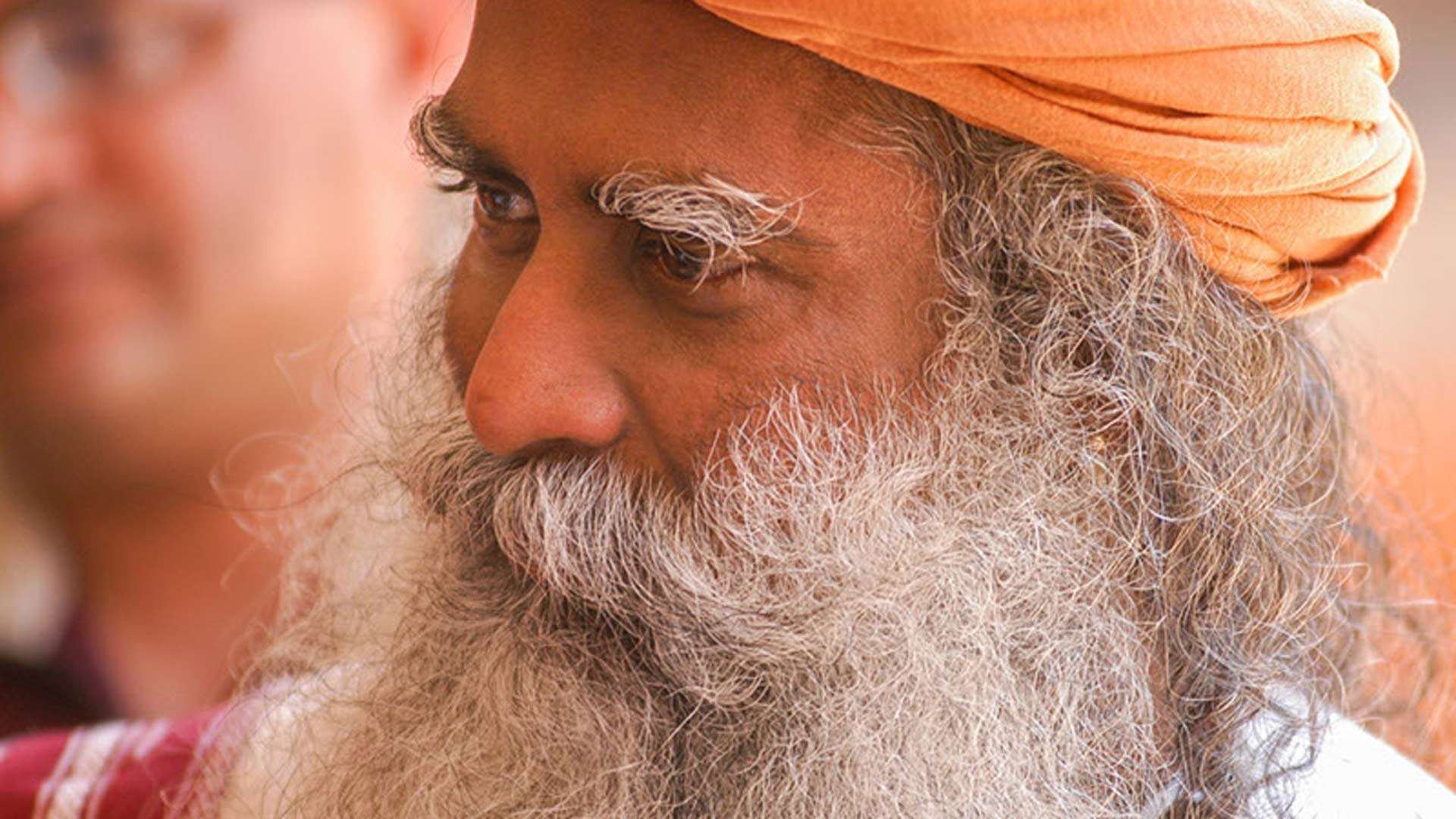Macaulay’s Shadow
After the recent court decision to make Santhara, the Jain practice of fasting and voluntarily leaving the body, illegal, Sadhguru looks at how "consciously shedding one's mortal coil" is of paramount significance, and explains that these judgements are based on laws carried forward from British imperialism.

Read in Telugu: భౌతిక దేహాన్ని ఎలా విడిచి పెట్టాలి..??
Subscribe
Sadhguru: The practice of conscious shedding of the physical form is not prevalent only in the Jain community. It is the very norm in yogic culture. It is very much a part of Hindu traditions too. Both historical and mythological accounts are replete with descriptions of conscious shedding of the mortal coil. It is seen as the fruit of wisdom, or as absolute acceptance of the mortality of one’s life. The practice is not just about depriving oneself of food and water, but about paying attention to the nature of one’s relationship with this acquired body, which is only a piece of the planet. In this attempt, fasting is one of the tools. In the yogic sciences, there are more than a few methods through which one can disassociate onself from the body within a few hours. The intention is to leave consciously and that is spiritually of paramount significance: to pass as a yogi, not as a rogi.
There was a saint in Karnataka called Nirmalananda Swami. The last few years of his life, I was very closely involved with him. He was 72 years old when he consciously shed his body. A few weeks before that, he announced he would leave in January 1997. Then there was a ruckus in the newspapers; rationalists filed a case against him, saying he was going to commit suicide. So they posted two police constables at his ashram. His ashram was just four acres, and in 14 years he had never stepped out of this ashram. There were many fruit trees, but not once did he pluck a fruit. He didn’t want to hurt the trees. Only if fruits fell did he eat them; otherwise, he wouldn’t touch them. He had a little temple, and even for his pooja, he picked up only fallen flowers, never plucking them. He lived such a gentle life. So, when I went there to see him in late December of 1996, he hugged me and wept, “They have put police in my ashram.” Just the insult of that hurt him very much.
One day, he began fasting, and the controversy started building up. They were preparing to arrest him on the date he announced that he will go. But he was fed up with all this, and a couple days before that day, he sat on a small deck in front of about 40 people, including the police constables, and simply, silently left his body. Like this, there are countless examples in this country of individuals exiting their bodies when the time comes. Leave alone human beings, many creatures in the animal kingdom deprive themselves of food and water when they realise their time is up. I have been a witness to a few cobras wilfully denying themselves nourishment to pass peacefully at an appointed place.
Unfortunately, many medical professionals, in imitation of their western counterparts, insist that everyone should pass in their hands, of course, at an enormous cost. This unhealthy attachment to the body is essentially a western influence.
The justices of the Rajasthan High Court, with all due respect, are only interpreting the law. It should not be forgotten that these laws, and the Indian Penal Code (IPC), were formulated in 1860, a few years after the mutiny of 1857, India’s first war of independence. This judgement is just the dance of Macaulay upon eastern wisdom.
Editor’s Note: This article first appeared in Outlook.



